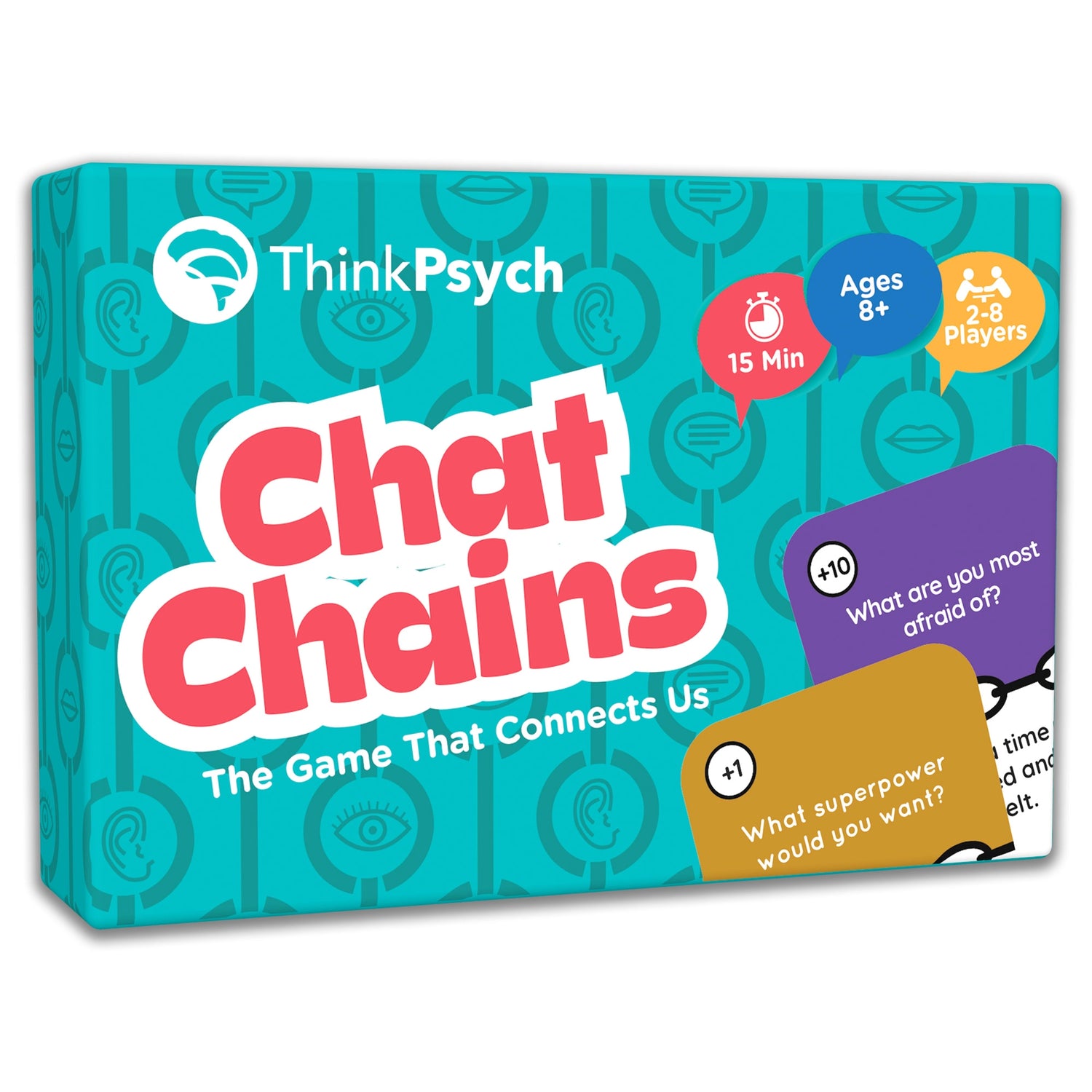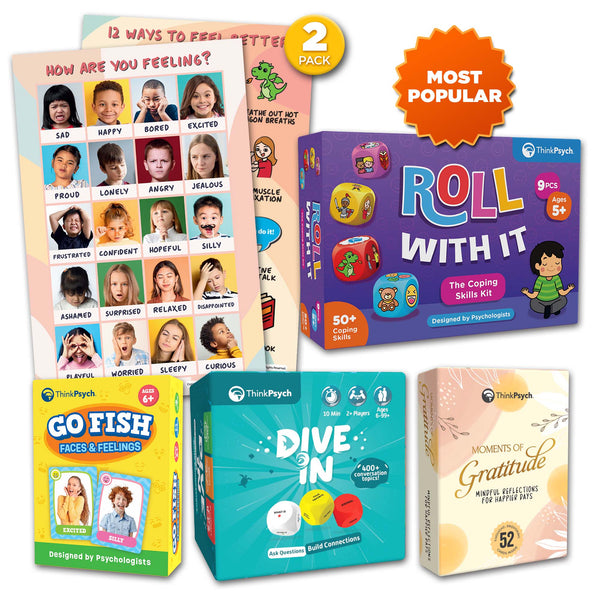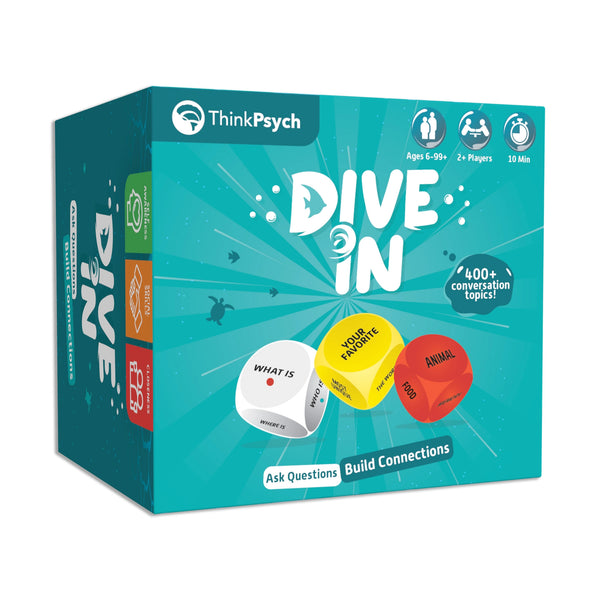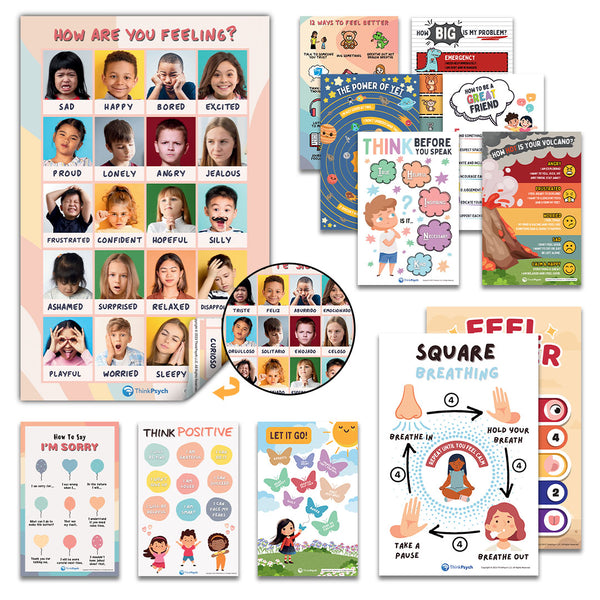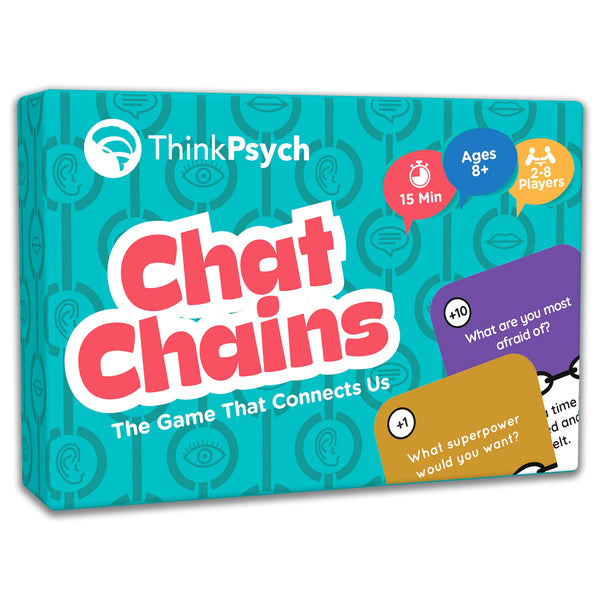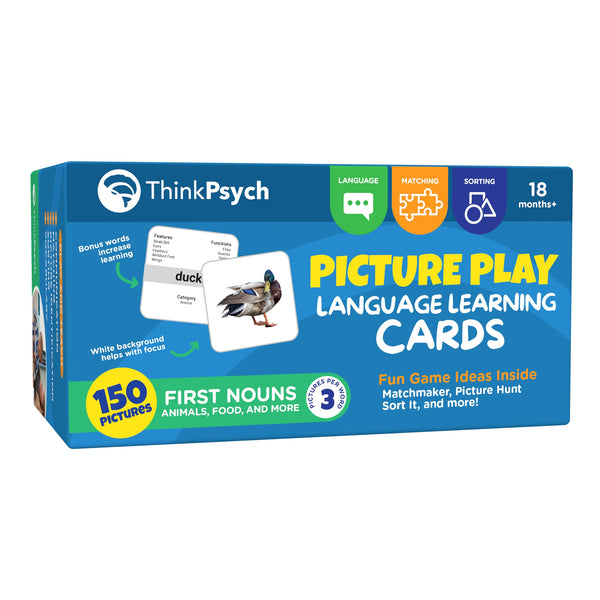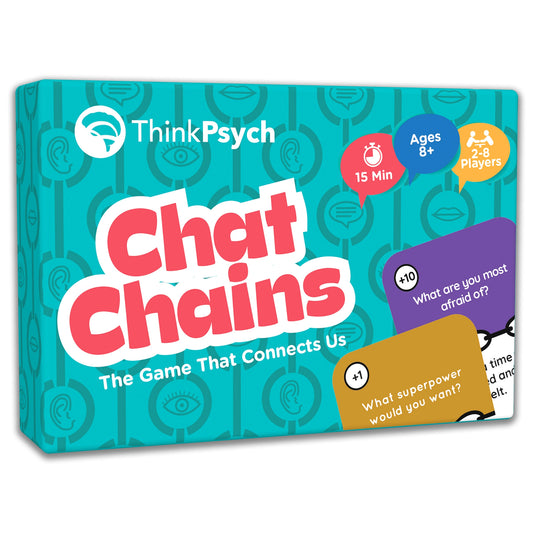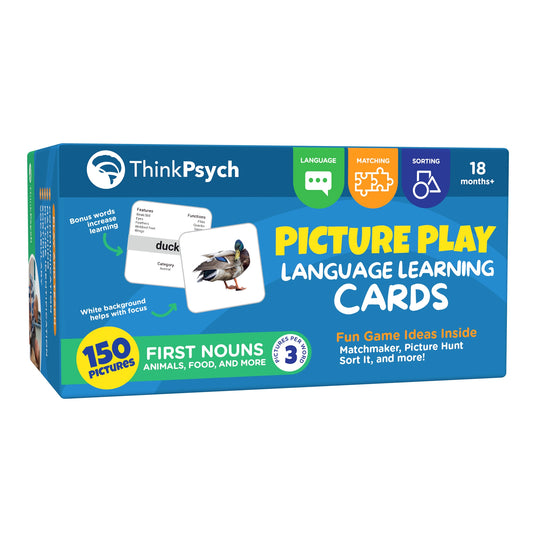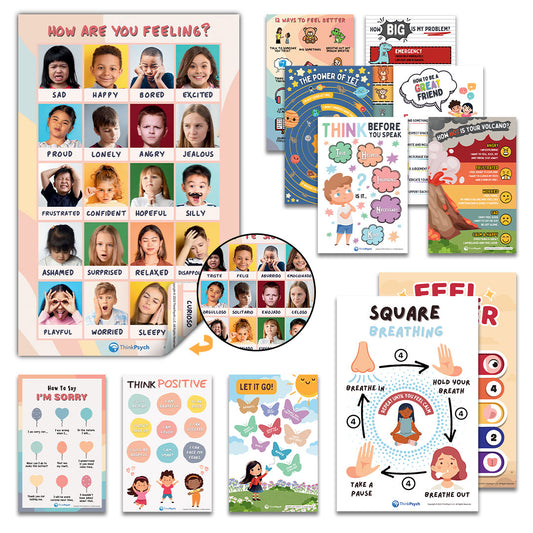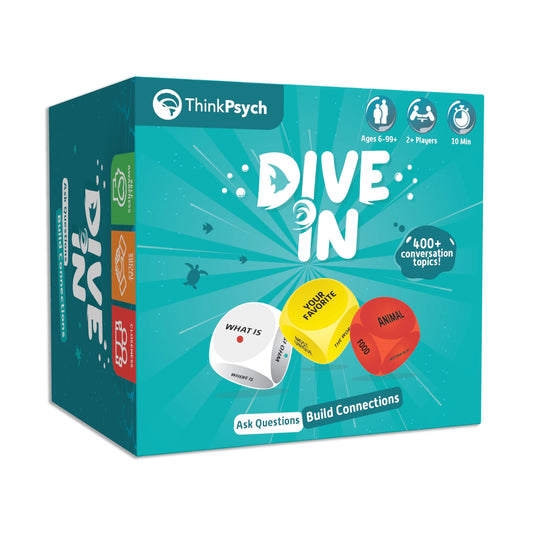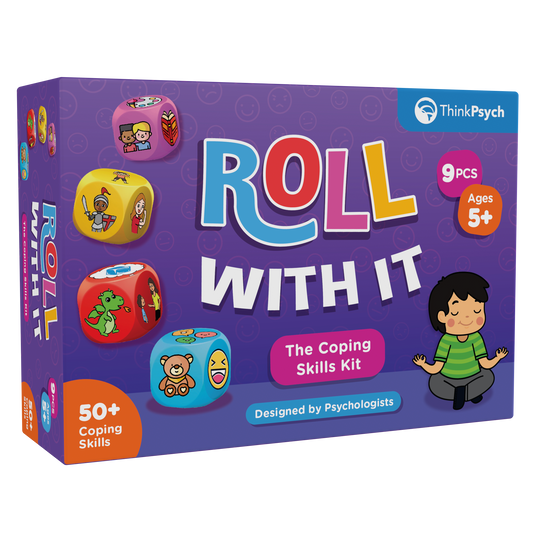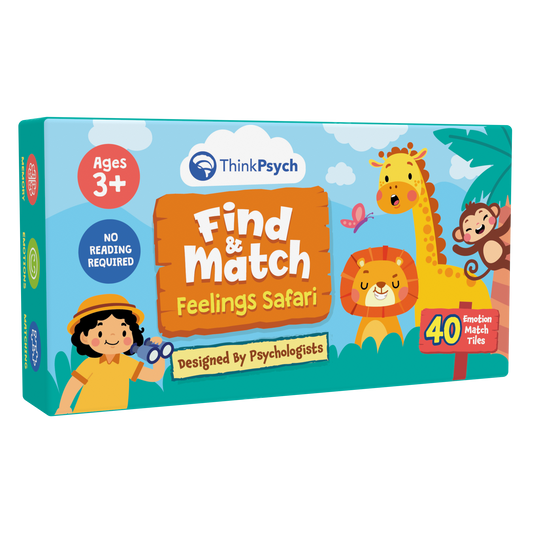
How to Help a Grieving Child
Share
When a child loses a loved one – whether a parent, sibling, friend or relative – you may feel at a loss for how to help.
Grief in childhood has a real impact on kids, which is why it’s important to understand it and find ways to help. To get through this tough time, we’ve put together this guide to help a grieving child.
How does grief affect a child?
Every child grieves differently, just like every adult does. Grieving kids may experience mood swings and new behaviors. Their eating and sleeping patterns may change. They may even act out or withdraw from you.
No matter what, it’s essential that you provide structure for your child during this time. A sense of routine can help kids process death, as it’s a relief to know what’s going to happen on a normal day.
You can also help a grieving child by expressing your love in words and cuddles, so that your kid knows you’re here for support. This type of daily attention can be comforting for grieving children.

What are signs of grief in children?
While every child’s grief is unique, here are some common signs of grief in children:
- Mood swings, including frequent crying and irritability.
- Withdrawing and being less talkative than usual.
- Having anxiety about other family members dying.
- Experiencing fatigue, headaches, stomachaches or other physical symptoms.
- Changes in eating or sleeping patterns, such as insomnia or nightmares.
- Trouble focusing and staying motivated in school.
- Acting out or talking back.
- Being curious about death.
- Feeling guilty.
- Wanting to be held or cuddled more often.
- Believing they can make the person who died come back.
- Lack of interest in playing with friends or doing activities.
- Becoming more dependent or clingy.
- Struggling to talk about feelings.
- Death showing up in playtime or drawings.
- Excessively imitating the deceased.
- Regressive behavior, such as bedwetting or baby talk.
How do you help a grieving child?
To help a grieving child, it’s important that you stick to typical routines and show love often. In addition, you can help by:
- Listening
- Talking about big feelings
- Maintaining clear expectations
- Finding ways to connect with deceased
- Offering resources, as needed
Sometimes a grieving child may not be forthcoming with their feelings. Make sure to check in regularly and ask, but also don’t force discussion.
What to say to a child who is grieving?
A grieving child needs to hear that you’re available for support and comfort. You should open communication so that he/she can identify and express feelings. This is also a time to answer any questions about the death.
In addition, it’s essential to make clear during your talks that:
- What’s happened is not their fault.
- It’s ok to play and be happy.
- It’s ok to not be ok.
You can try to use these sayings to provide support, such as:
- “I remember” or “remember when…?” – with a memory of the deceased
- “There’s no right way to feel right now.”
- “I know you miss him/her.”
- “I’m here for you.”
To help a grieving child, you can focus on activities too. Connect by doing fun things together, encouraging playtime with friends and offering solo activities such as drawing or listening to music.
Shop ThinkPsych Products
What NOT to say to a child who is grieving?
Steer clear of some popular sayings that are unintentionally harmful to grieving kids. Try NOT to say things such as:
- “You have to be strong now.” or “You have to be a big girl/boy now.”
- “He/she’s in a better place now.” or “He/she’s at peace.”
- “It was God’s will.” or “It’s part of God’s plan.”
- “I know how you feel.”
Of course, you can share your own experiences with grief, but try to frame it as your experience. Overall, allow a grieving child to feel openly and have his/her own experience.
In addition, unintentionally saying that the death is a good thing (“He’s in a better place” or “It was God’s will”) can make a child confused and scared. Try to avoid defining how a child should feel about the death.
What are good grief activities for kids?
Talking about feelings is a great start, but you can help a grieving child process the death by finding ways to connect with the deceased. You might try these childhood grief activities:
- Make a memory box
- Write a checklist of activities the deceased liked and do them together
- Create family traditions
- Express feelings through art
- Go to therapy
Help a grieving child
Ultimately, you can help a grieving child by being present. Know the signs of grief in children, keep up routines, show love, talk about feelings and plan activities to connect with the deceased.
It’s also important that you take care of yourself after the death of a loved one. Be sure you’re not ignoring your own needs and that you’re getting support, too. This will only help you be more available for your child.
